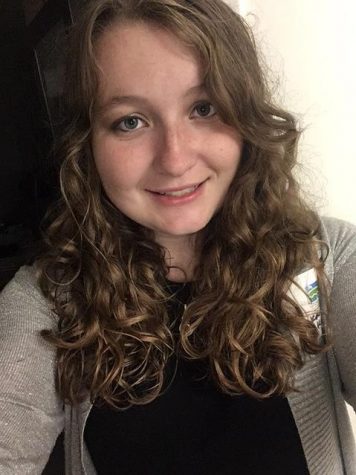Comparing Free Speech Policies of Surrounding Universities
When the University of New Haven’s policies were rated by FIRE, most earned a yellow light rating, with a few policies being rated with a red light. Alongside the University, Yale, Quinnipiac, and Central Connecticut State University all received similar ratings from FIRE.
Yale has earned an overall yellow light rating from FIRE for the entirety of their policies. Their Technology Use Policy earned a yellow light rating, while the University’s earned a red light. Many portions of Yale’s harassment policies fell similar to the University’s, each earning yellow light ratings, in part due to both universities being vague and failing to follow the Supreme Court guidelines for sexual harassment.
Quinnipiac is a private institution, thus unbound by the constitutional standards for free speech, as is the University of New Haven. Similar to the University, Quinnipiac’s Use of Computer and Information Resources and their Harassment and Abuse Policy both earned red light ratings.
When asked about Quinnipiac’s policies and standards, Sarah Doiron, Editor in Chief of their student newspaper, The Chronicle, explained that the campus climate is conducive to free speech, and that this year alone they’ve had multiple peaceful protests. Quinnipiac, as a private university, is more limited with student media. Their newspaper is required to attain permission in order to speak with faculty or administration, a stricter atmosphere than the Charger Bulletin works under. This occasionally limits them when dealing with controversial issues when the university will not grant them permission to access the faculty they need to speak with.
“I feel like our university has the platforms for people to speak their minds and their opinions. Our university is very open minded when it comes to different things,” said Doiron when asked about the overall campus climate. She continued saying, “Compared to other schools we are a lot more open, we have a diverse campus and everyone’s voices are heard in one way or another.”
Another issue, according to FIRE, is the lack of student access to their university’s policies. Doiron believes that Quinnipiac succeeds in assuring their students always have access to their policies. “The university is active in emails regarding policy changes. They’re good at keeping students aware of what the policies are,” she said.
Central Connecticut State University also received an overall yellow light rating from FIRE. Similar to our policies, many of their harassment policies earned a yellow light rating. Casey Knopf, a current sophomore at CCSU, feels that overall the campus promotes free speech. “[Our rallies and protests] are usually student run but supported by the college,” she said. CCSU has had multiple demonstrations this year, including a peaceful protest for President Trump’s travel ban and a vigil for the Orlando shootings.
In regards to having information readily available to the campus community, CCSU may not be as good as Quinnipiac, according to Knopf. “It’s certainly available information but it’s not always openly distributed information,” says Knopf.
The University is overall extremely comparable to colleges in the area, having received similar or equal ratings from FIRE.
“I feel like it definitely depends on the topic and the view of the topic. The Sheriff Clark incident made that pretty clear. But as far as college campuses I feel like UNH is equal in comparison to other private universities,” said Laura Patterson when asked if the University fostered an environment of free speech.

Karina Krul is a senior marine biology major with a triple minor in psychology, political science and marine affairs. This is her fourth year with The...














